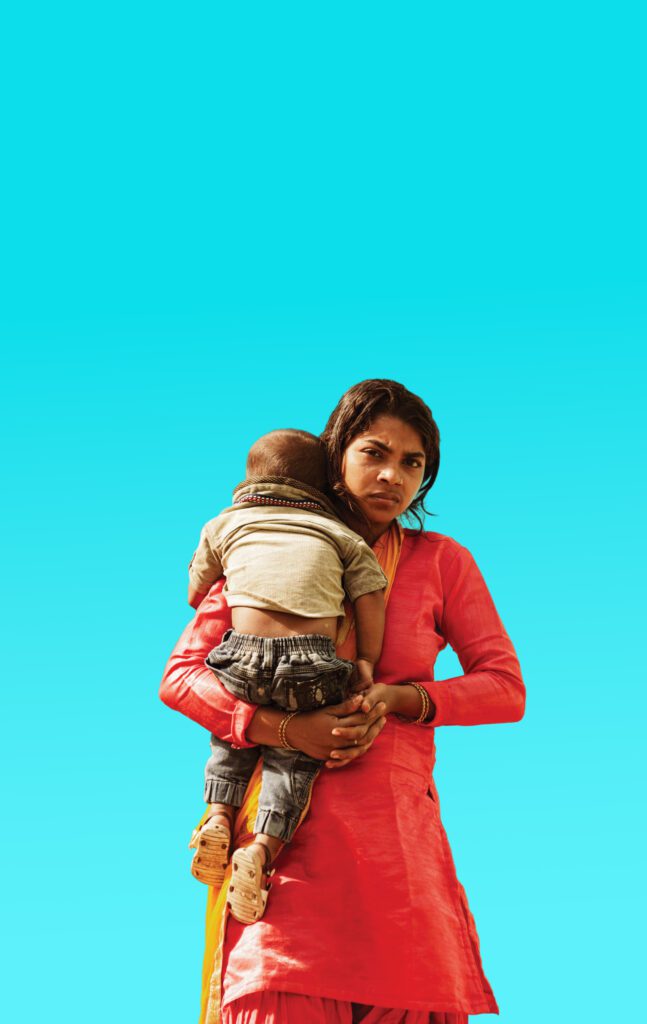
The National Center for Children in Poverty is a think tank at the Mailman School of Public Health at Columbia University. Earlier this month they released an important new study of food insecurity. The findings, with which I was mostly familiar, included:
– Concurrently, participation in food assistance programs spiked: The number of food stamps participants increased 31 percent, from 25.7 million in 2005, to 33.7 in 2009. The sharpest uptick occurred between 2007 and 2009, as participation increased by 27 percent.
– Participation in the School Breakfast and National School Lunch Program rose by 18 percent and six percent respectively.
– In the last year alone, Emergency Food Assistance programs, such as food banks and pantries, have seen an 18 percent increase in demand.
But there was one new stat I had not seen: Since the late 2007, when the recession began, the number of children living with an unemployed parent nearly doubled from 5.5 million to 10.5 million children by 2009.
There is no other commentary. We are left only to imagine the myriad impacts on so many children, of living in a home that a parent one day returns to without his or her job, without the income or structure ot stability it provides. If our policymakers thought more about that, perhaps there would be finally be more urgency to creating the jobs needed to achieve true economic recovery.


